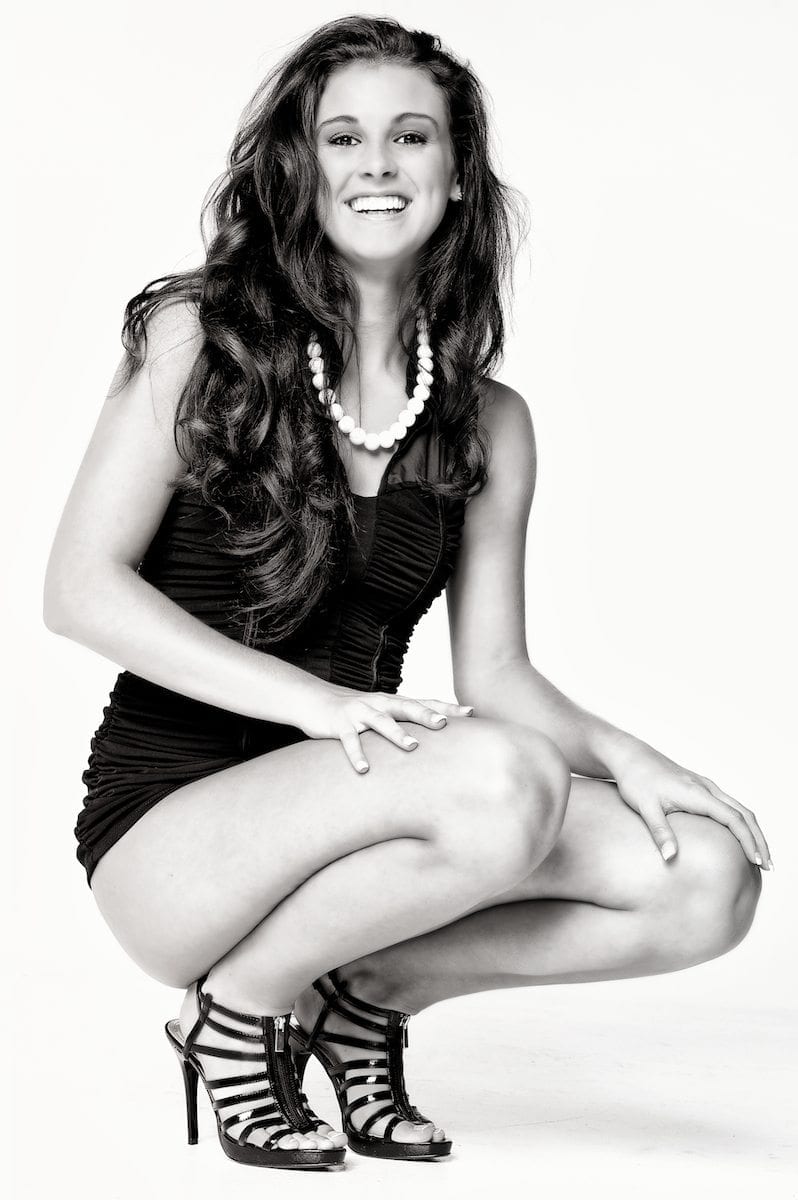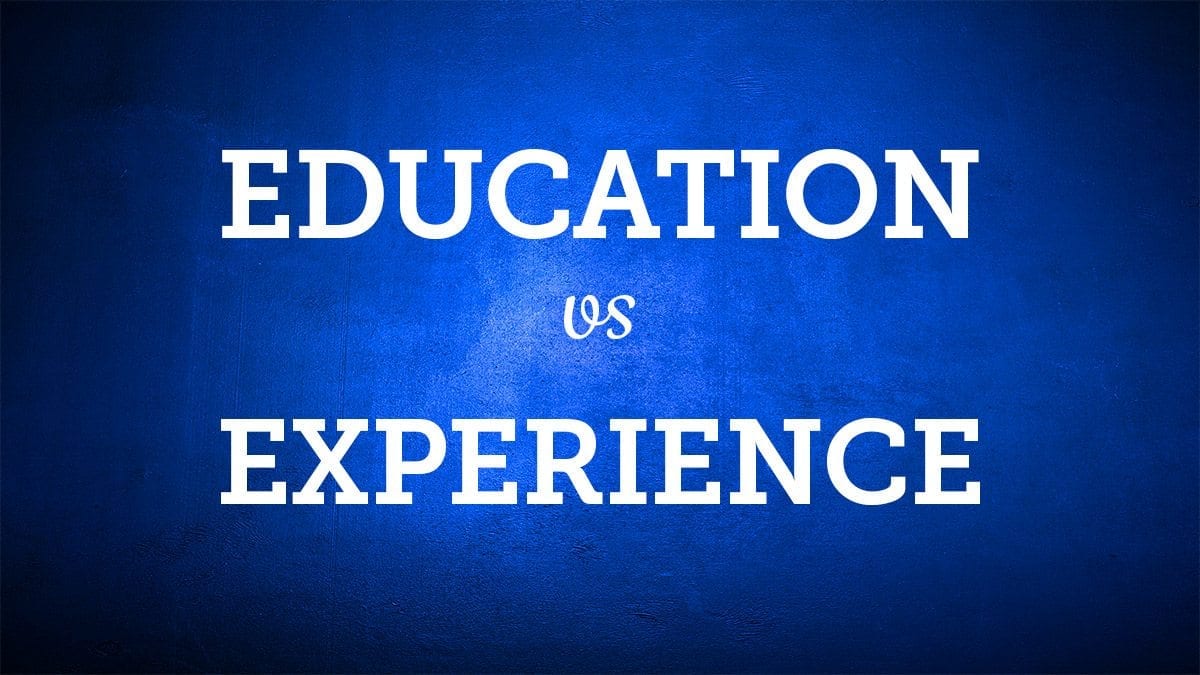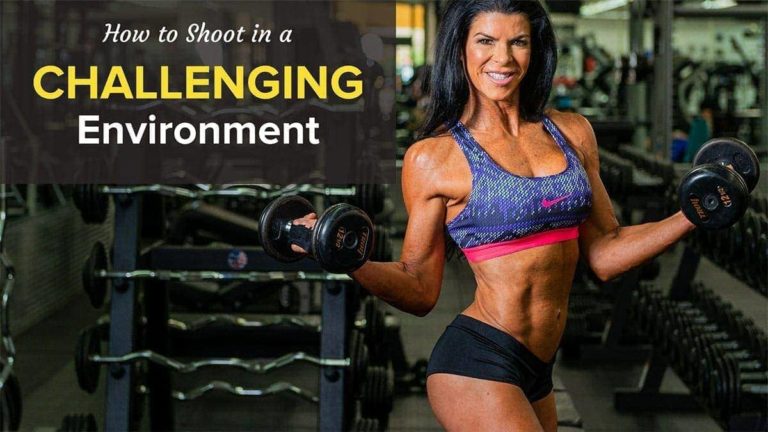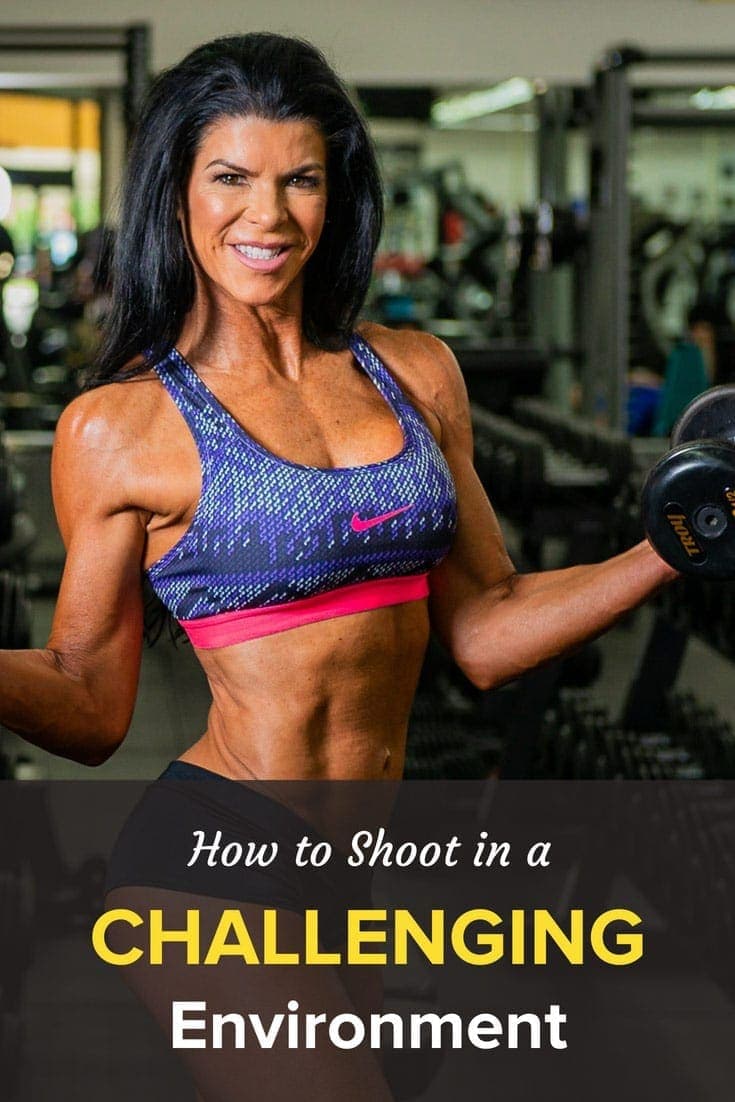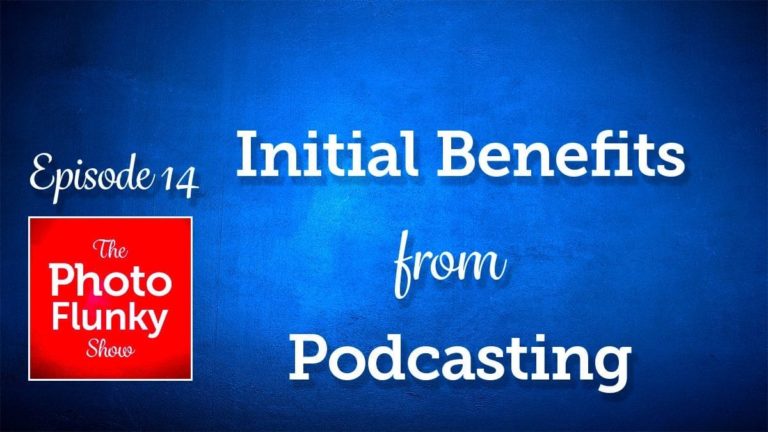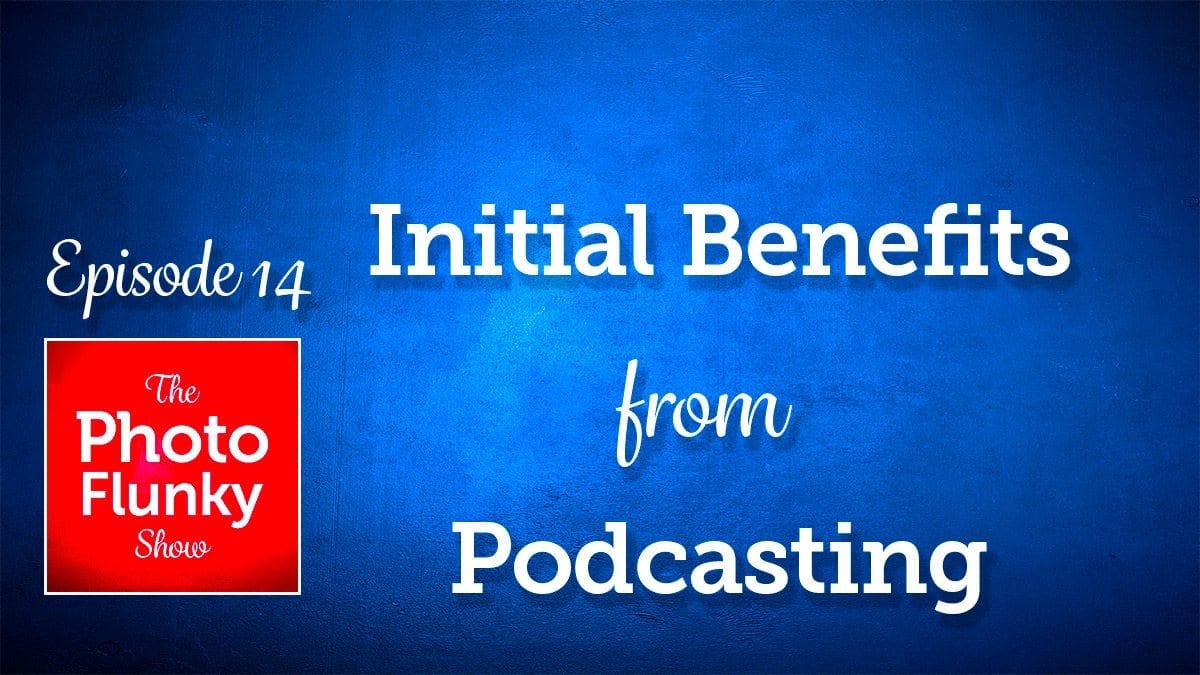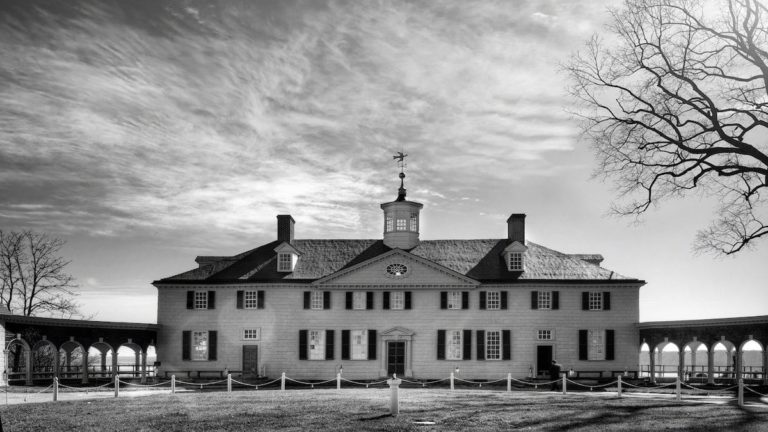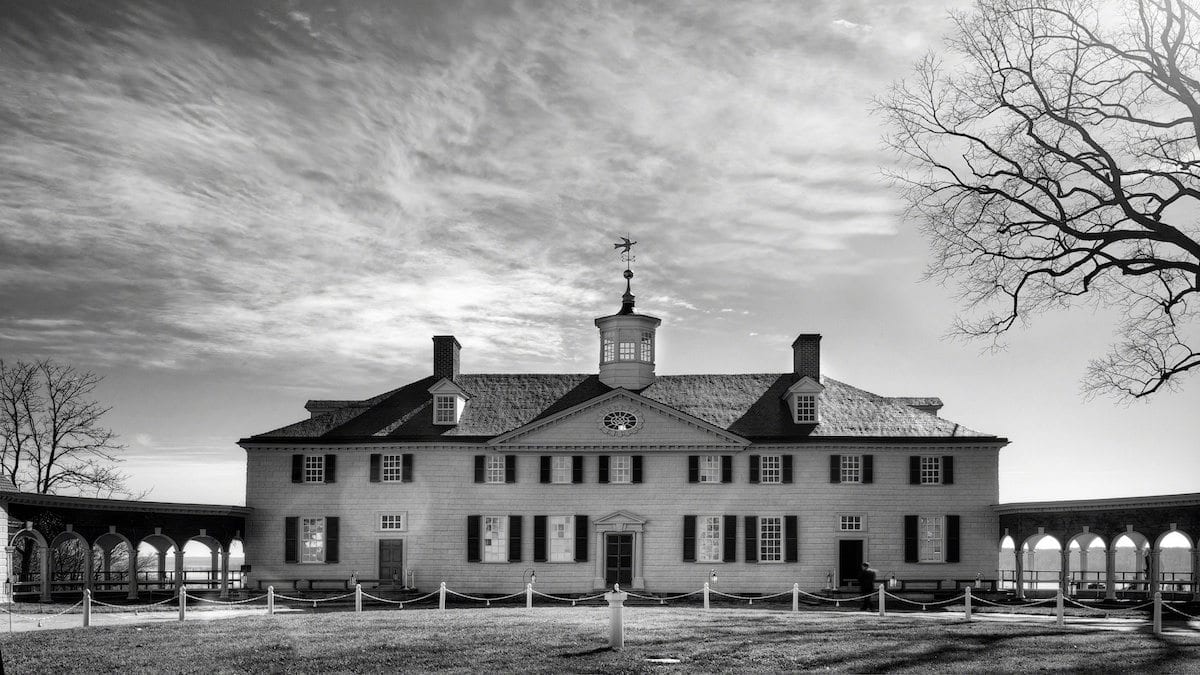Affiliate Disclosure: We earn a commission if you purchase through one of our links at no additional cost to you.
Which is more important in the education vs experience debate? Does the question even enter your mind when you view a photo?
Note: This is a re-post of an article I originally shared on March 18, 2013
Many of my blog posts come from online discussions. This little theme of education vs experience came from more of an online brawl than a rational discussion, but I still found it valuable and wanted to share some thoughts here. That’s the joy of having a blog.
The Value of a Formal Education
When I was in high school, I knew I wanted to be a photographer. I had an Olympus OM-10 as my first SLR camera, then later a Minolta Maxxum 7 camera. Still have them both. They went everywhere with me and I took a ton of photos. You know, each and every one of those photos sucked.
While I knew that I was somehow drawn to photography, I didn’t have a clue how to do it properly. I learned a few things from my experiences, but not nearly enough to truly move my photography beyond snapshots. I could figure out how to overcome a few problems that appeared along the way, but I had no mentor or understanding of how to move my photography from one level to the next and then up another level.
What I did have was a desire to learn more and I planned to attend a photography school upon graduation from high school. There were two roads before me – the high end at Brooks in California or the surprisingly good and affordable photography courses at nearby Daytona Beach Community College (now Daytona State College). Either place would have given me a fine education and were at the top of my list. Never made it, though. I succumbed to personal computers and a lifelong career in IT. Surprisingly, I’ve been rather creative in this field.
A formal education serves a few purposes. While they teach you what to do and how to do it, I think that’s the lesser value of a formal education. The key lesson is something that few students actually grasp. They’re trying to get you to think beyond the practical and mechanical aspects of the lessons. Some of the exercises they provide are not a means to an end. Instead, they’re intended to be thought provoking; to get you to examine the lessons from your own point of view.
A few students get it. They learn to think beyond the step-by-step instructions to make a composition, an exposure or a print. For the rest of the students who fail to understand the lesson, they think the pinnacle of their education is a trade. If they can repeat steps one through 12, they can become a successful practitioner of that trade and they never vary from those steps. That’s because they’ve missed the key lesson of a formal education – to learn to think for yourself.
To be fair, people are wired differently. Some will think about the experience. Others will think about the practicality of the lessons.
The Value of Practical Experience
Many people who bring up the Education vs Experience argument like to point to people who succeeded without having a degree or some other symbol of the establishment’s approval. Bill Gates and Steve Jobs are popular examples of college dropouts who made a tremendous impact upon the business world.
Experience is a great teacher and we have plenty of quotes about its educational value.
A man who carries a cat by the tail learns something he can learn in no other way.
– Mark Twain
The only source of knowledge is experience.
–Albert Einstein
Experience is the teacher of all things.
– Julius Caesar
Some of the most educated people in history have spoken about the practical value of experience. They’re noting the difference between knowledge and wisdom. There are some things that you simply must do – that you must experience – before you truly comprehend its nature. It doesn’t matter if you’re talking about going to war or making love – reading about it and performing exercises is not the same as actually experiencing those events.
The same is true for many professions and arts. I used to study quite a bit about music, but I’m a horrible musician. There’s something different about having the right touch of an instrument, knowing how to hold a note or pluck the string. Some people can move through a song mechanically while another person will make our hearts rejoice – both by reading the same music. I believe the same thing is true of photography.
It Isn’t Education vs Experience That Matters
During my online encounter, my opponent spoke about an artists statement and other elements that she’s learned along the way. Although I haven’t taken the same courses, I believe that the artists statement she referenced was a tool to make students think, not an end to itself. It’s a tool to consider your work and how it fits in the world. If that isn’t an impetus to think, what is?
Formal education prepares us for the experiences that teach us.
The question is not about education vs experience. It’s about the value of both education and experience. We need both. We need to have the ability to think independently to achieve a result.
One of the other things that my discussion opponent mentioned were the names of many photographer’s she’s studied and their techniques. I’ll be the first one to tell you that I can’t name historical photographers or their techniques. I think there is value in studying what came before us, but only to the extent that you apply it to create something enjoyable. Merely replicating what someone else did without imparting anything of yourself isn’t art. It’s rote behavior.
The reason to study those who came before us is to learn from their example, not repeat their work. There is no progress when people just do the same thing over and over again without adding any of their own style or creativity. You may as well study mathematics, where repeating 2+2 always yields the expected outcome. Photography, music and other art forms work best when we see creativity.
There is a difference between inspiration and replication.
That can be a scary thing for some people, though. You may get rejected when you take a chance and add something of your own personality into your art.
Instead of playing along the safe, repeatable path, the arts require you to map your own course and that creates uncertainty. Some people just can’t deal with that uncertainty, so they reduce photography to a technical matter and never move beyond to create anything emotional or beautiful.
I have a rather simplistic view. When someone looks at a photo, they aren’t looking at your education or experience. They’re simply looking to see if they enjoy it or not. They’re looking for an emotion. You don’t have to be technically perfect to spark that emotion, either.
Take a look at some of the shots of key sports moments in Sports Illustrated. They could be high ISO shots full of grain and the readers simply don’t care. Instead, they’re looking at the moment being captured. They’re looking at the victory or defeat being conveyed. That’s what matters to those viewers.
What’s Your Emotion?
There’s something I’ve noticed about myself when I shoot with a model. I’m always trying to get them to break and crack up a bit. Not sure if that’s because I’m a natural smart-ass or if I just prefer happy images. I don’t want to stand there and say “big smile!” Likewise, I don’t want to see other false emotions. Maybe it’s because I know that if I can make them laugh, I can capture something that’s real. That doesn’t mean I don’t like photos that convey other emotions, whether real or acted. This is just my thing.
I’d probably get kicked out of art school.
